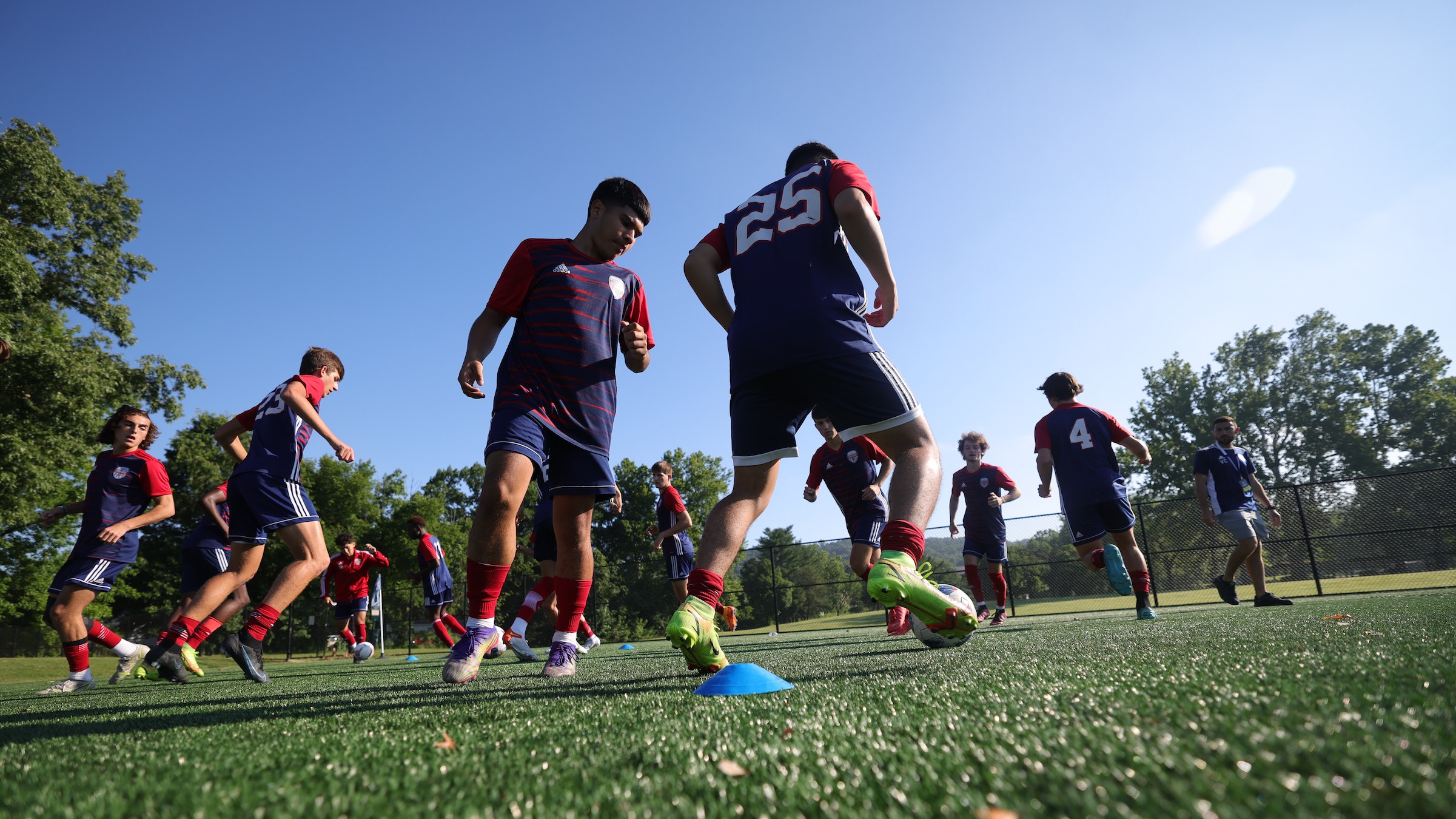I think I understand the many influences and issues in youth sports better than most. I should. I spend every working moment and beyond immersed in youth sports. My role is not restricted to one specific area; rather it is one where I have to be actively engaged with players, coaches, parents, clubs and league directors. I’m lucky to add this group by having acquaintances with national and indeed international administrators and influencers in the game.
I say lucky because I’ve always viewed myself as a teacher, soccer is simply the classroom that I get to practice and perfect my craft in. My passion for the “classroom” is in no doubt driven by my personal experience. I was a troubled kid and teenager, full of self-doubt, insecurity, nerves (displayed with a horrible stutter) and confusion over the world and my place within it.
A soccer team came to my rescue! It gave me a place to belong where others valued my desire to try as hard as I possibly could no matter the score. I reflect now on the things my youth team gave me and the things the experience taught me-
You never quit. Whatever the score or the opponent you work harder. Resilience is key.
You never let your teammates down. You’re loyal and reliable to a fault. Not one of my teammates ever doubted I would be there. In turn, I never doubted they would.
You work hard and go the extra mile to help your team.Nothing comes easy. I was a very mediocre player who though an enormous amount of time with a ball and training on my own managed to get to play at a high level.
You learn to communicate in a very honest and demanding way that the needs of team come before your own needs or desires.
You figure out after many attempts how to deal with adversity, confrontation and loss in a noble way that allows you to grow from each problem rather than be emotionally crippled by it.
You learn about sacrifice and that sometimes however inconvenient it maybe the team must come first.
You learn to respect the game and the opponent because at times you come across an opponent who exemplifies everything you wish to be: They are brave, determined, hardworking and honest.
Because you love your team, you learn not to cheat. You don’t cheat by not giving your best, you don’t cheat in a game such as “ref, it went out” and most importantly, you don’t cheat yourself by ever letting anyone down.
If you give your word, you keep it. No matter what it takes as the sense of honor you will develop will be yours for life.
More than soccer, I hold the value and the life lessons that being on a team can bring as being the most important developmental factor in sport. The character traits that a true commitment to being on a team can bring are priceless. Better to chase these than the college scholarships.
As I travel around the country and talk to friends from around the world what seems apparent is that the meaning of TEAM, the value and the character traits presented above are under threat. That somehow the concept of team is being thrown away and that some wish to make it convenient and disposable.
- I have seen all the following over the last 12 months:
- Kids miss practices and games due to being on other teams.
- Kids miss practices and games due to birthday parties, dance recitals, etc.
- Parents tell kids to avoid telling the truth about why they miss.
- Players leave games halfway through when their team is already players down.
- Players explaining that they cannot give their best effort as they are saving themselves for the next game.
- Players explaining that they cannot try harder as they just came from another game.
- Players stop trying to compete when losing 3 or 4 nil.
- Key teaching moments in games when a coach had the chance to make a valuable character growth teaching point passed up as the result came first.
- Coaches step in and solve conflicts when players had the opportunity to grow by sorting it out themselves.
- Parents pull kids from games because they are not playing in the position the parent thinks they should (yes, my kid is a 9)
- Coaches afraid to address the issues when a player lets the team down for fear of reprisals and parent rebellion.








